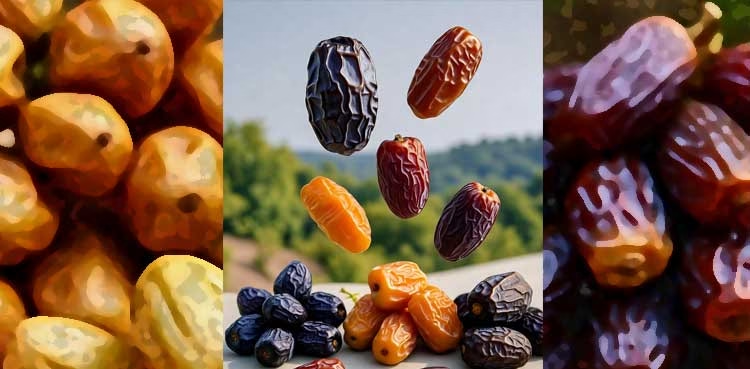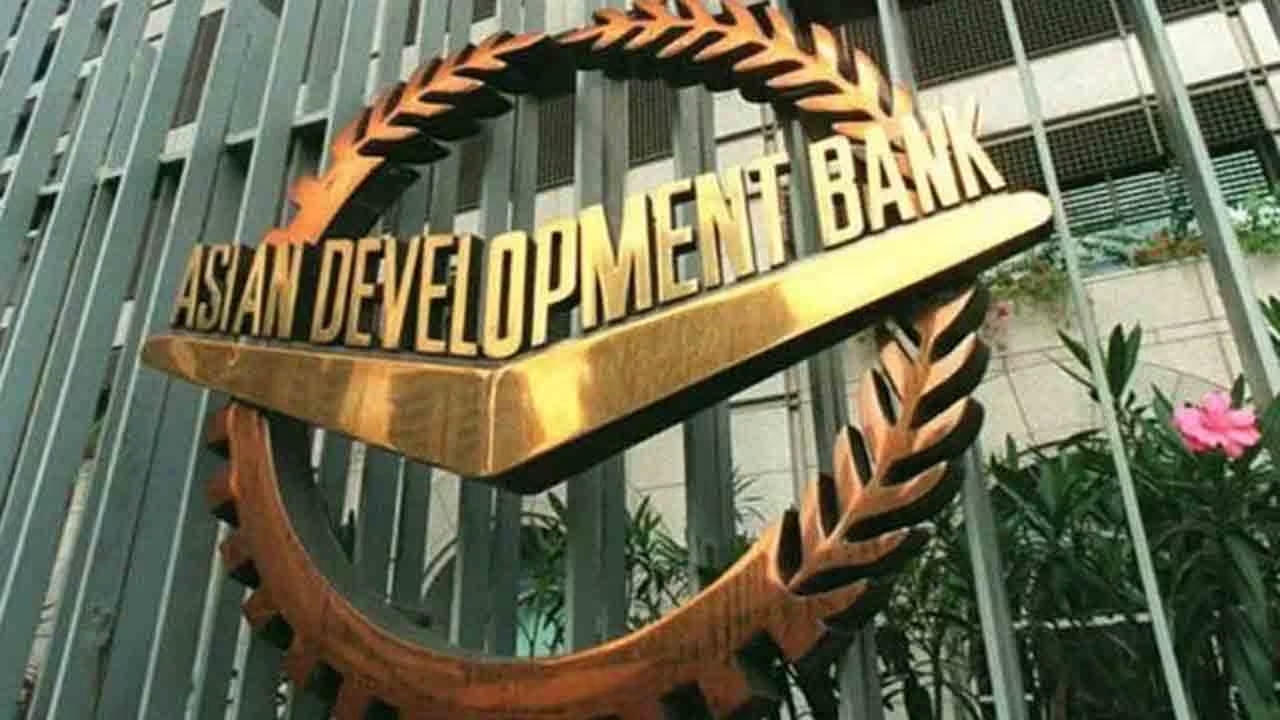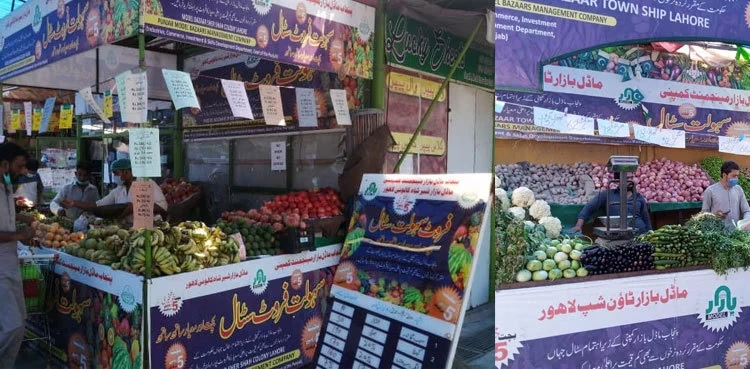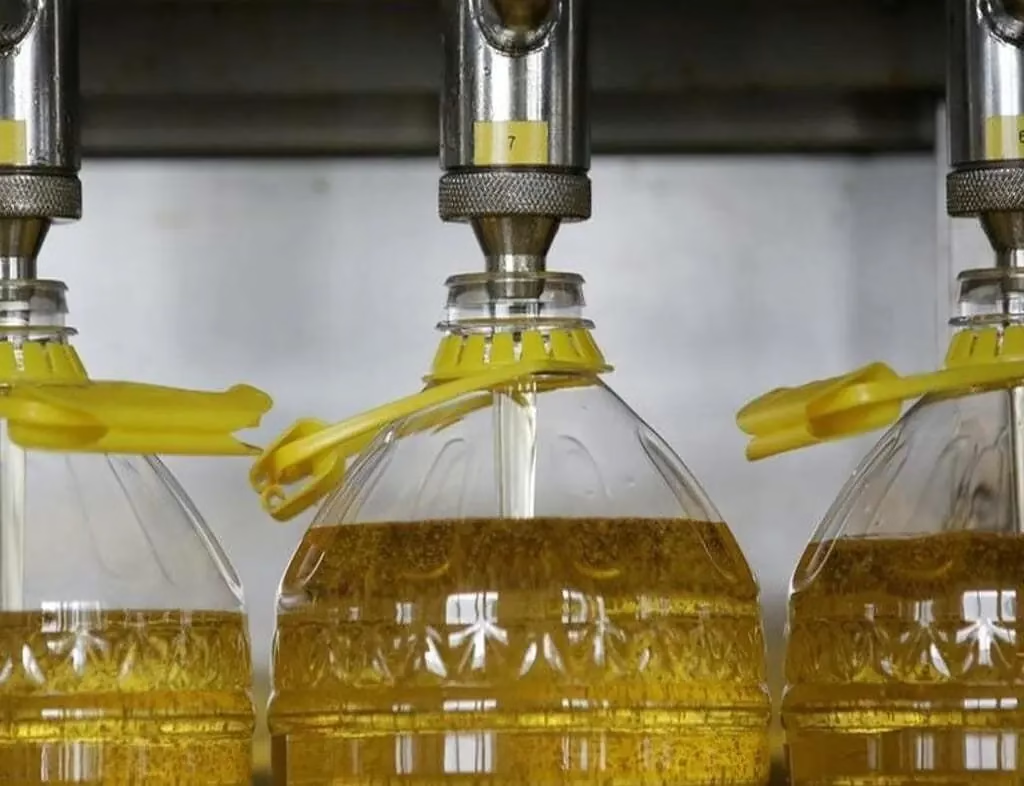In a virtual summit blending diplomacy with the rich aroma of dates, Pakistan’s Federal Minister for National Food Security and Research, Rana Tanveer Hussain, finalized a landmark partnership with a United Arab Emirates (UAE) delegation on Tuesday, aiming to elevate Pakistan’s role in the billion-dollar global date industry.
The agreement—dubbed a “sweet deal” by insiders—will see the UAE invest in establishing three state-of-the-art date processing plants in Pakistan, transforming the country’s vast date orchards into modern hubs of innovation and export growth.
Pakistan ranks among the world’s leading date producers, harvesting over 500,000 tonnes annually across more than 100,000 hectares. The sun-drenched regions of Balochistan and Sindh produce celebrated varieties such as Aseel, Muzawati, Dhakki, Rabbi, Begum Jangi, Karbala, and Khudri. “Our dates aren’t just fruit—they’re a cultural treasure with immense economic potential,” Minister Hussain said, noting that exports have already surpassed US$50 million, with growing demand in markets including the UAE, UK, Germany, Australia, and Türkiye.
However, the minister highlighted ongoing challenges, including dependence on limited export destinations, low value addition, packaging and branding deficiencies, and compliance issues with international standards. “We have the raw potential, but need technology and investment to turn challenges into triumphs,” he emphasized, pledging full government support for initiatives that enhance processing, innovation, and marketing.
Federal Secretary Ameer Muhyuddin added that the Pakistan Agricultural Research Council (PARC) is spearheading research into climate-resilient varieties and modern farming methods, while pilot projects in arid zones aim to increase yields and quality.
Leading the UAE delegation, Ms. Simisola Nicola Abere lauded Pakistan’s sustainable agriculture efforts and confirmed that construction of the three processing facilities would be fast-tracked. “We’re expediting the establishment of cutting-edge plants to accelerate value addition, technology transfer, and export competitiveness,” she said.
The partnership will be formalized through a Memorandum of Understanding (MoU) between Pakistan’s food security ministry and UAE authorities, opening doors for joint ventures and long-term collaboration.
Minister Hussain described the pact as a cornerstone of Pakistan’s export-led agricultural vision, focusing on market diversification, research-backed farming, and the empowerment of smallholders and women in the date-processing sector. “This isn’t just trade—it’s about livelihoods, jobs, and strengthening brotherly ties,” he remarked.
Both sides agreed to move swiftly after the MoU signing, coordinating efforts through Secretary Muhyuddin’s office. As the summit concluded, optimism filled the air: Pakistan’s premium dates, refined with UAE expertise, are poised to reach new global markets—sweetening not just palates, but also economic prospects across both nations.



